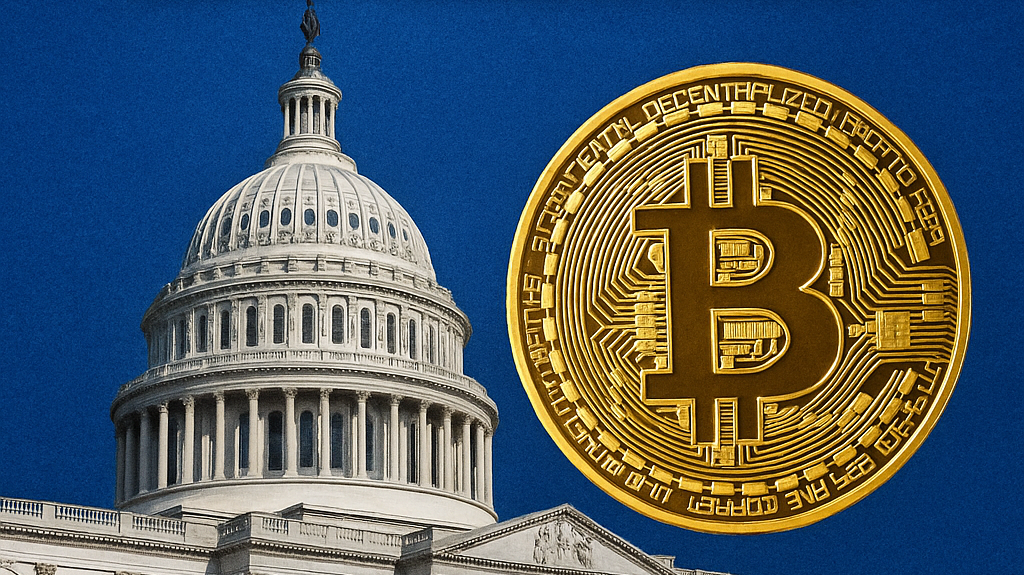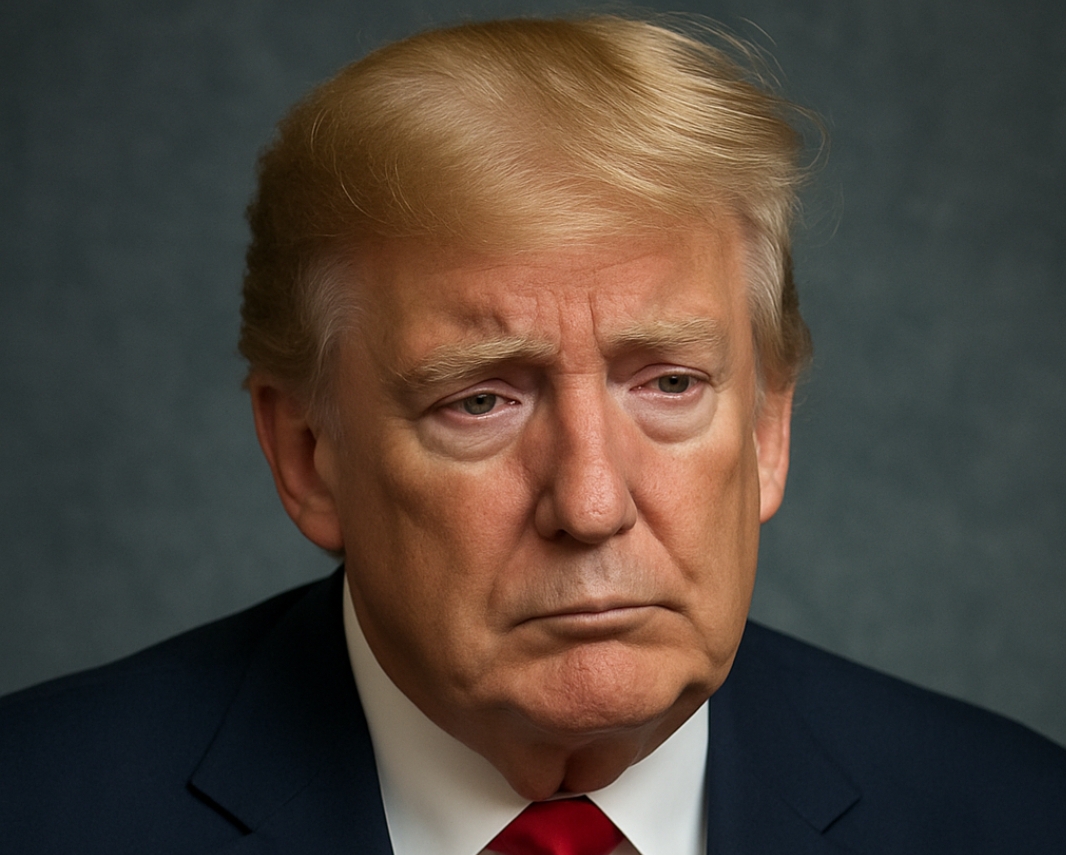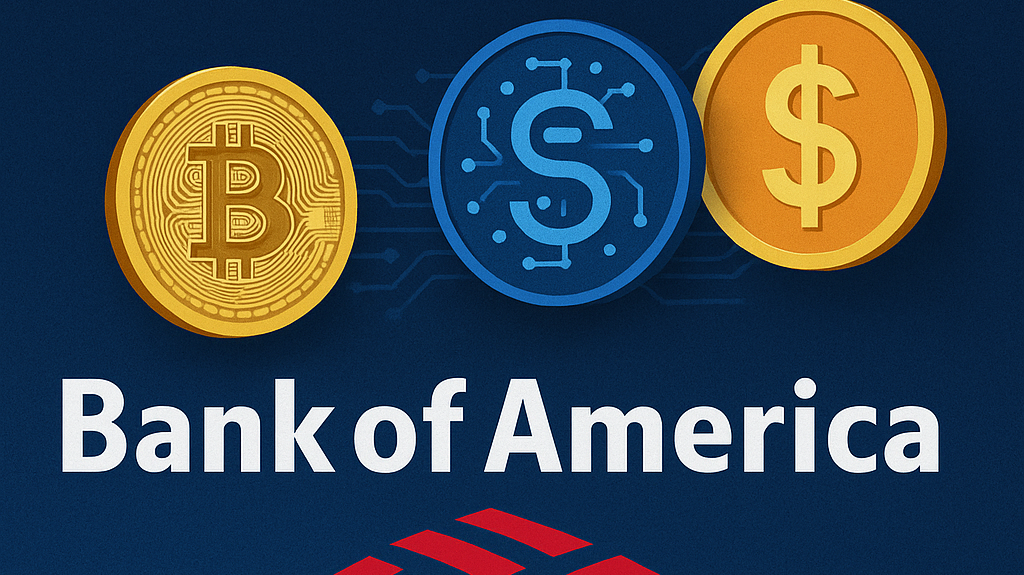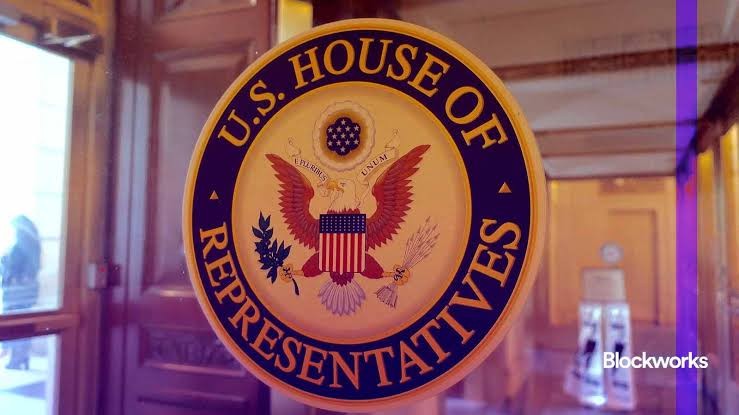
Washington, D.C. | Today
In a significant step forward in the world of crypto currencies, the US House of Representatives has officially passed the Crypto Market Structure Bill, often referred to as the Clarity Act. This much-anticipated legislation is designed to set clear guidelines for digital assets and clarify how they should be regulated in the United States.
With a solid bipartisan vote of 294-134, this bill signals the beginning of a more organized and stable landscape for crypto businesses, investors, and developers.
Aousaf Rafique
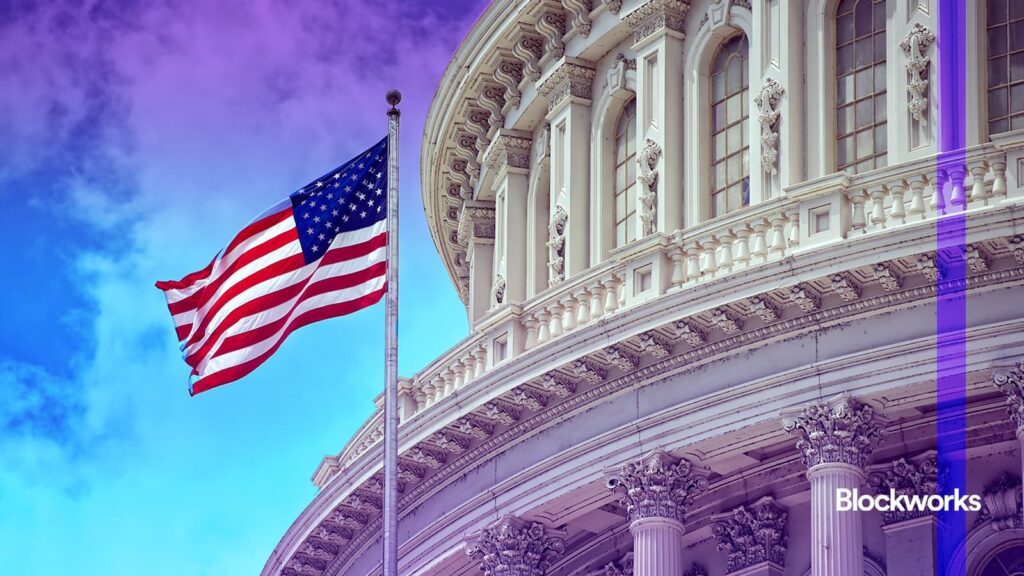
This isn’t just one bill it’s part of a broader legislative package often referred to as “Crypto Week” on Capitol Hill.
Here’s what it includes:
1. Digital Asset Classification
This bill defines which crypto assets are commodities (regulated by the CFTC) and which are securities (regulated by the SEC). This resolves years of confusion and contradictions in authority.
2. New regulatory framework
It introduces a new category called “registered digital assets,” which allows tokens to operate under balanced guidelines, without automatically being labeled securities.
3. Stablecoin Oversight (GENIUS Act)
A second bill called the GENIUS Act passed, which establishes federal regulations for stablecoins. These rules require stablecoin issuers to keep proper reserves, undergo audits, and maintain transparency. It received overwhelming support: 308-122.
4. Anti-CBDC Bill
The House also passed a bill banning government-issued retail central bank digital currency (CBDC). Lawmakers say it protects Americans from potential government surveillance on their spending.
Market reaction: Crypto surges Shortly after the news broke, Bitcoin surged past $120,000, and major altcoins like Ethereum, Solana, and XRP followed suit, posting strong gains.
Stocks tied to the crypto world, such as Coinbase and MicroStrategy, also saw a surge as investors reacted to the new clarity and optimism.
Experts believe this vote could pave the way for trillions of dollars in institutional investment, especially now that the US is providing a clear roadmap for the future of crypto.
Aousaf Rafique

1. Eliminates the ambiguity of the “Wild West.” : For years, crypto companies have been expressing their frustration with the lack of consistent oversight. The CLARITY Act brings much-needed clarity by clearly defining the types of assets, making regulation much more predictable.
2. Builds consumer trust : The Genius Act requires audit and liquidity standards for stablecoins, which helps mitigate the risk of altcoin failures and increases consumer trust.
3. Global Competitiveness With influential individuals like President Trump openly supporting this initiative, the US could gain significant advantage in the global finance sector, especially when other countries are already moving ahead with their own central bank digital currencies (CBDCs).
Aousaf Rafique

1. Senate approval : The bill will now go to the US Senate. If it gets the green signal from there, it will reach President Trump, who has already expressed his support for this crypto-friendly bill.
2. Implementation Phase : Once it becomes law, federal agencies such as the SEC and CFTC will begin crafting detailed rules and procedures.
3. New wave of adoption : We can expect financial institutions, fintech companies, and even major payment players to boost their crypto adoption, especially when it comes to stablecoins and tokenized assets.
Aousaf Rafique
“This is the most important moment in US crypto regulation history,” – Brian Armstrong, CEO of Coinbase
“It’s not about controlling crypto, it’s about guiding it safely into the future,” House Majority Whip Tom Emmer
“The Genius Act is a smart move that protects consumers and encourages innovation,” Patrick McHenry, House Financial Services Chairman
📌 Final Thoughts :
With the passage of this bill, the US is entering a new chapter of crypto. Instead of debating what qualifies as a security or a commodity, companies and regulators will finally get some much-needed clarity.
This moment may be remembered as the turning point where crypto officially entered the mainstream economy from the shadows of the internet — thanks to Congress giving it its proper place.
